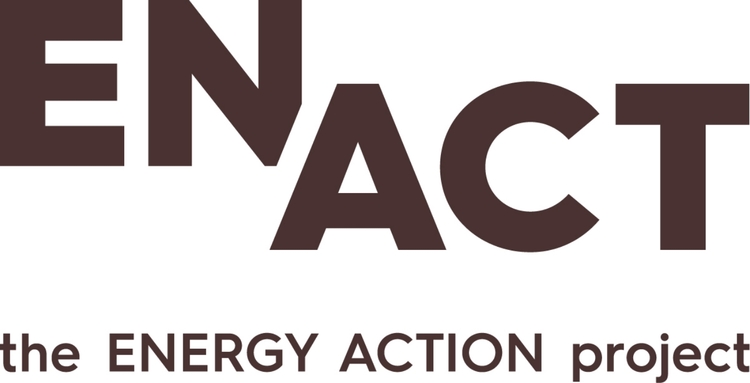In 2019, Bulgaria made headlines when new research showed it having the lowest score – just 0.7 of a possible 100 points – on the European Domestic Energy Poverty Index (EDEPI). Much less well known is that a Bulgarian energy-related case heard by the Court of Justice of the European Union (CJEU) is considered by many to be the most important judgment on racial discrimination the court has given.
Bulgaria’s social and geographical factors created the perfect storm. More than one-fifth of Bulgaria's 7 mln population were living in fuel poverty in 2012/13 -- that is, spending at least 10% of household income on energy. And in 2008, 67% of households went without sufficient heat in the winter -- against an EU average of just 8% (Figure 1).
Figure 1 — EU Domestic Energy Poverty Index, 2019
While legislation does not officially recognise energy poverty, Bulgaria has launched a number of programmes to improve the energy efficiency of homes including the Operational Programme for Regional Development and credit lines – the latter demonstrating greater effectiveness.
An overarching challenge is a high level of low-income households: Eurostat data show 34% of people being severely deprived, meaning that they cannot pay their bills, heat their homes or afford an annual vacation.
To keep energy costs down, many families in small villages restrict how many rooms they use in the winter – spending much of their time around the wood stoves they use for cooking and for space and water heating. Photo: Emil Danailov
Risk of non-payment of energy bills and/or energy theft prompted a major utility company (CHEZ Razpredelenie Bulgaria AD) to install electricity meters on power polls at an unreadable height of 7 metres. Affected communities – largely Roma and migrants – took the company to court, arguing the move was blatantly discriminatory: in other districts, meters were installed at eye level so people could monitor and manage consumption.
In the town of Dupnitsa, situated in the foothills of Bulgaria’s Rila mountains, electricity meters were originally installed 7 m above ground in the community of Gizdova.
Ultimately, the CJEU affirmed that having access to energy is an essential public service and that the company’s actions were an example of ‘indirect discrimination’ and a form of stigmatisation.
While Bulgaria has a long way to go in eradicating energy poverty, some very important steps are underway – and could provide models for other countries, particularly in Eastern Europe, to follow.



